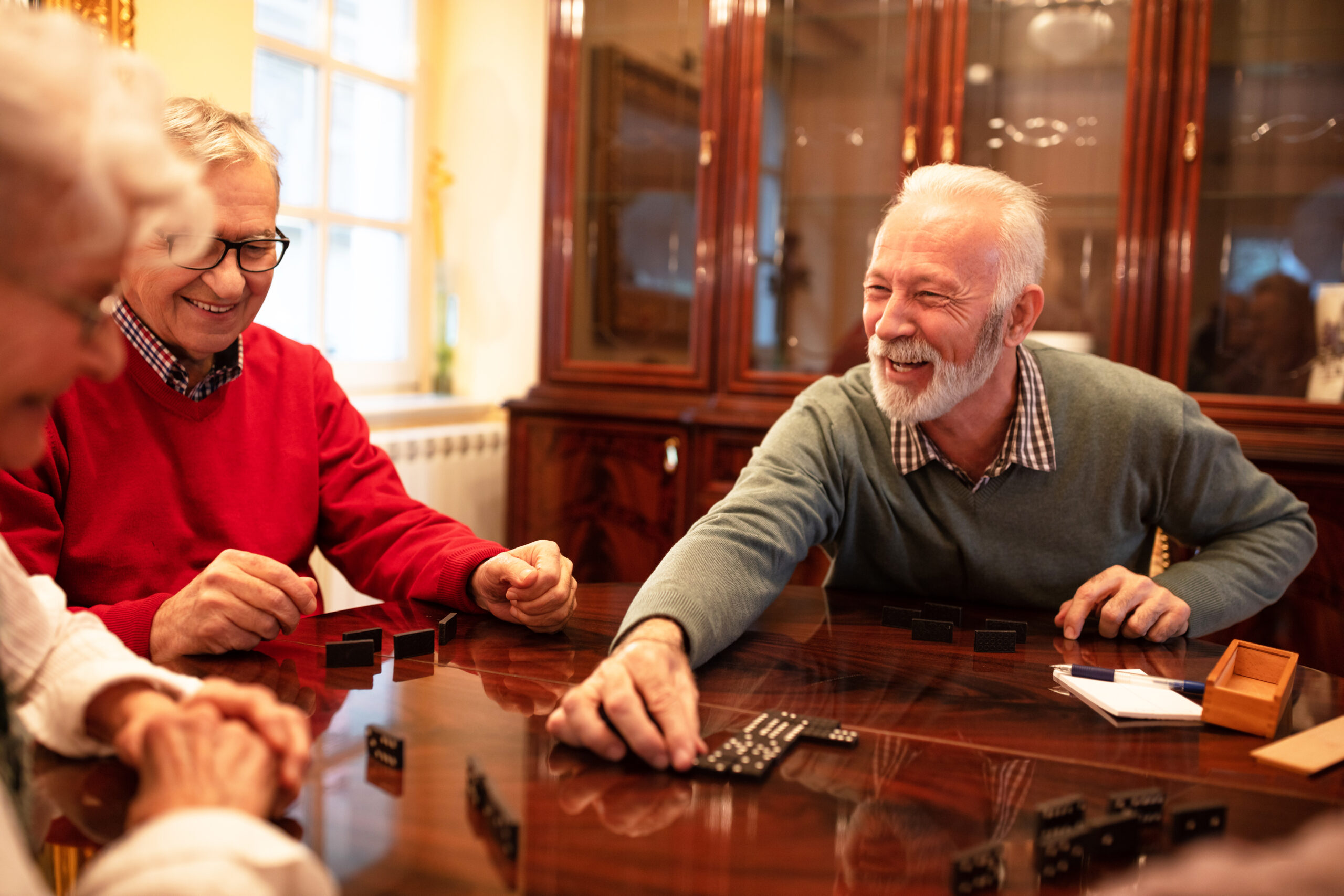Examining the effects of Tai Chi on balance and cognitive health in Alzheimer’s
**Tai Chi and Alzheimer’s: Improving Balance and Cognitive Health**
Alzheimer’s disease is a condition that affects memory and cognitive function, leading to difficulties in daily activities. While there is no cure for Alzheimer’s, research has shown that certain exercises, such as Tai Chi, can significantly improve balance and cognitive health in individuals with the disease.
### What is Tai Chi?
Tai Chi is a form of exercise that combines slow movements with deep breathing and meditation. It originated in China and is often referred to as “meditative calisthenics.” Tai Chi is known for its low-impact movements, which make it suitable for people of all ages, including those with mobility issues.
### The Benefits of Tai Chi for Alzheimer’s
**1. Improving Balance**
One of the primary benefits of Tai Chi is its ability to improve balance. This is particularly important for individuals with Alzheimer’s, as they often experience difficulties with coordination and stability. Regular practice of Tai Chi can help reduce the risk of falls, which is a common concern for people with Alzheimer’s.
**2. Enhancing Cognitive Function**
Tai Chi has also been shown to enhance cognitive function in individuals with Alzheimer’s. The exercise involves complex movements that require coordination and concentration, which can help improve memory and problem-solving skills. Studies have demonstrated that Tai Chi can improve cognitive tasks such as executive function, attention, and memory.
**3. Reducing Anxiety and Depression**
In addition to improving balance and cognitive function, Tai Chi has been found to reduce anxiety and depression in individuals with Alzheimer’s. The meditative aspects of Tai Chi help in managing stress and promoting a sense of well-being.
### How Does Tai Chi Work?
The exact mechanisms behind the benefits of Tai Chi are not fully understood, but research suggests that it may affect brain function and neural plasticity. Neural plasticity refers to the brain’s ability to form new connections and adapt to changes. This process is crucial for learning and memory.
### Combining Tai Chi with Other Interventions
Recent studies have explored the combination of Tai Chi with other interventions to enhance its benefits. For example, repetitive transcranial magnetic stimulation (rTMS) has been used in conjunction with Tai Chi to improve sleep quality and cognitive function in older adults with sleep disorders and mild cognitive impairment (MCI). This combination has shown promising results, with significant improvements in sleep quality and cognitive function.
### Conclusion
Tai Chi is a versatile exercise that offers numerous benefits for individuals with Alzheimer’s. Its low-impact movements make it accessible to people of all ages and abilities, while its meditative aspects help in reducing stress and improving overall well-being. By incorporating Tai Chi into their daily routine, individuals with Alzheimer’s can experience improvements in balance, cognitive function, and mental health. As research continues to uncover the full potential of Tai Chi, it is clear that this ancient practice holds significant promise for enhancing the quality of life for those affected by Alzheimer’s.
—
### References
1. **Medical Xpress**: “Repetitive transcranial magnetic stimulation enhances tai chi chuan–linked benefits, study claims.”
2. **PubMed**: “A randomized comparative-effectiveness study of two remotely delivered mind-body movement programs for older adults with cognitive impairment.”
3. **Frontiers in Behavioral Neuroscience**: “The effects of an acute Tai Chi on emotional memory and prefrontal cortex activation.”
4. **Downers Grove Health Center**: “The Impact of Regular Exercise on Cognitive Health in Seniors.”





